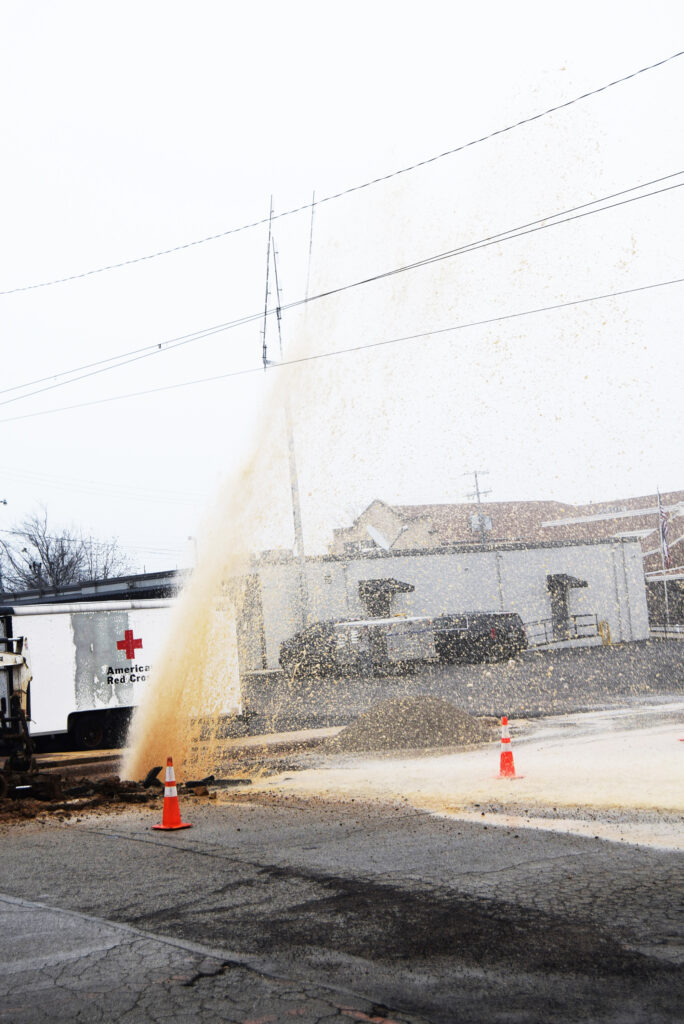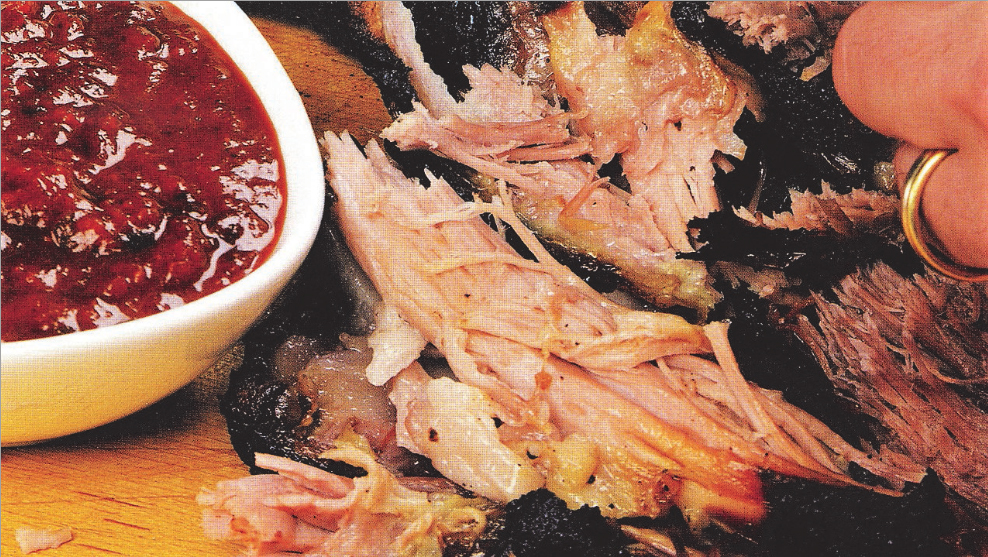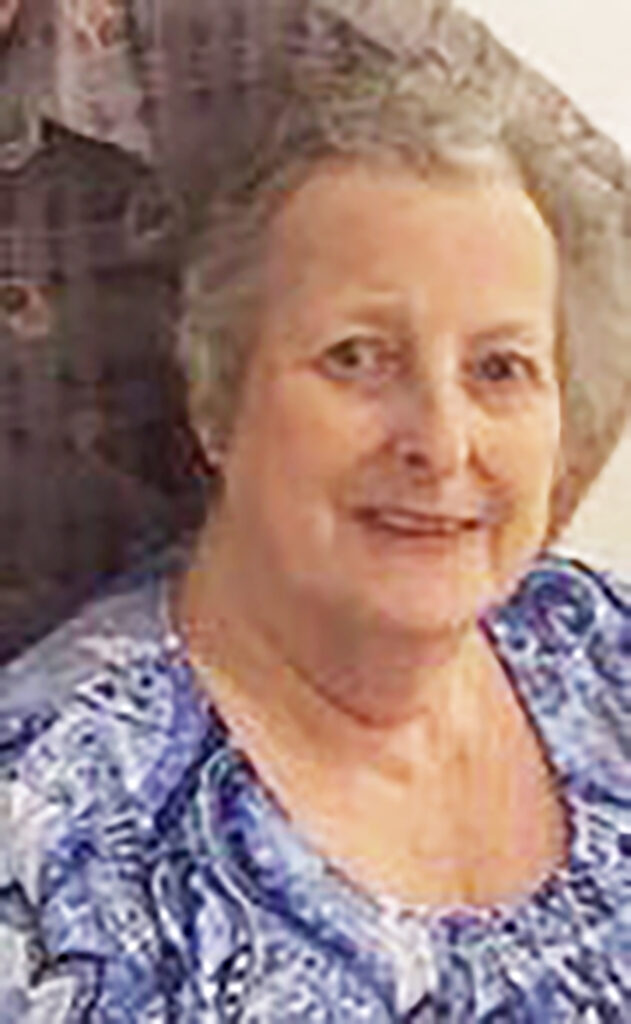HOME
Colonizing Other Planets

EarthTalk®
From the Editors of E – The Environmental Magazine
Dear EarthTalk: How far along are we on efforts to support large numbers of people on the moon or other planets if our population gets too big or we ruin the environment here on Earth? — Barbara Christie, Hull, MA
As the human population swells and global warming compounds other environmental problems here on Earth, the notion of colonizing other planets is more appealing than ever. While we are far from being able to support human communities elsewhere in the solar system and beyond, environmentalists are increasingly interested in space exploration as one potential solution to our own earthly woes.
Mars is by far the most promising planet in the solar system on which we could support substantial human life. Currently, Mars is a desolate desert, but the so-called “red planet” once contained liquid water and perhaps harbored life. Many of the elements we depend upon to support life here on Earth, including carbon, silicon, iron and even frozen water, are present on Mars, giving researchers hope that one day some of us could hopscotch through space and set up shop there.
The first challenge of colonizing Mars is transportation. The furthest a manned mission has ever gone to date is the moon, and Mars is 140 times further away. Currently the biggest hurdle is the cost of spaceflight. But a new breed of private companies such as SpaceX and Blue Origin have invested in making launching more efficient by streamlining manufacturing and even reusing rockets. Elon Musk, CEO of SpaceX, claims he can reduce the cost of spaceflight 100-fold.
The best concrete plan for landing humans on Mars is called Mars Direct. Designed by aerospace engineer and Mars Society founder Bob Zubrin, this plan was rejected by NASA because it failed to fully utilize new technologies such as the International Space Station. Zubrin thinks we could get ourselves to Mars for only $55 billion, which seems like a bargain compared to the $250 billion figure suggested for a Mars landing back in 1969 after our first moon landing.
The most immediate problem for human habitation on Mars is the severe temperature. The average temperature on the surface of the red planet is -67° Fahrenheit compared to the balmy 61° here on Earth. Elon Musk suggests there are two ways to overcome this obstacle. The fast way would be by dropping nuclear weapons on Mars’ poles, while a slower solution would entail emitting huge amounts of carbon into the Martian atmosphere much as we are doing on Earth but to a larger extent. In theory, this carbon seeding plan would cause the atmosphere to grow and eventually shield much of the radiation that would otherwise be harmful to Martians. Since carbon dioxide is the main gaseous nutrient consumed by plants, it’s possible that many plants could thrive on Mars. Without competition, plants could take over the planet and put oxygen into the atmosphere, eventually making it possible for humans and other animals to populate Mars without oxygen masks.
There are still problems with colonizing Mars, however. Its low gravity would corrode human bones and giant storms rage across the currently barren planet. In sharp contrast, Earth is rich in resources and water, making it naturally habitable for plants and animals. Addressing the problems here on Earth will likely be easier than escaping them by fleeing to Mars or other planets.
CONTACTS: NASA, www.nasa.gov; Blue Origin, www.blueorigin.com; SpaceX, www.spacex.com; The Mars Society, www.marssociety.org.
EarthTalk® is produced by Roddy Scheer & Doug Moss and is a registered trademark of the nonprofit Earth Action Network. To donate, visit www.earthtalk.org. Send questions to: [email protected].
HOME
Bowie Boost program 3 explores marketing post-pandemic
“Memorable marketing in the post-pandemic era” will be the feature for the third installment of the Bowie Business Boost on April 16.
Lorie Vincent, certified economic developer, will bring the program that begins at 7:30 a.m. with breakfast and the program 8-9:30 a.m. at the Bowie Community Center.
Registration is $49 which includes all four sessions. The final program is May 21. Register at accelerationbydesign.com/event-details/bowiebusinessboost.
Call the Bowie EDC office at 940-872-4193 for additional information.
Vincent is a professional trainer, writer and economic developer with a focus on community and business marketing. She will share how your audience has changed in the post-pandemic era. Vincent will show you how easy and innovative adjustments to your marketing goals can grow your bottom line and result in strong customer engagement.
HOME
Water line break sprays water to the sky

City of Bowie water crews repaired a break in this eight-inch water line on Tarrant Street in between Lindsey and Mason Wednesday. It started as a small trickle, but once the dirt was removed the line blew out, but it was soon repaired on the water supply was turned off. There were no shutdown to the water supply during the work. (Photo by Barbara Green)
HOME
Vera Rae
Vera Rae
April 19, 1940 to October 29, 2023
AUSTRALIA – Vera Rae, 82, passed away peacefully after a set of health issues following a fall on Oct. 7, 2023.
Vera was born in Stockport, England to John “Jack” and Alice Gooch. They migrated to Australia following the Second World War, settling in Western Australia.
Vera met the love of her life in 1957, Robert John Rae, and they married on May 30, 1959. They were blessed with two daughters, Jenny and Debby.
Vera loved the Lord, had a strong faith, and was a prayer warrior. Throughout her various illnesses in life, she remained cheerful, gracious, and loving.
Vera was preceded in death by her parents, Jack and Alice Gooch; in-laws, Don and Amy Rae, and nephew, Justin Gooch.
Vera is survived by her loving husband, Robert Rae, Port Kennedy, Western Australia; daughter, Jenny Rae Rizzolo and partner Paul, Bowie, TX, and Debby Rae Harvey and husband Ian, Waikiki, Western Australia; grandchildren, Mandy Jones, Jodie Ehle, Jacilyn Kenny and Bronwyn Has; and great grandchildren, Tahlia, Tanaya, Shelby, Khy, Jordyn, Mollie, Bryce, Brett, Kobe, Lilly, Caitlin, Morgan and Olivia.
Funeral arrangements entrusted to Greenfield’s Funerals, Port Kennedy Western Australia.
Paid publication
-

 NEWS1 year ago
NEWS1 year ago2 hurt, 1 jailed after shooting incident north of Nocona
-

 NEWS6 months ago
NEWS6 months agoSuspect indicted, jailed in Tia Hutson murder
-

 NEWS1 year ago
NEWS1 year agoSO investigating possible murder/suicide
-

 NEWS1 year ago
NEWS1 year agoWreck takes the life of BHS teen, 16
-

 NEWS9 months ago
NEWS9 months agoMurder unsolved – 1 year later Tia Hutson’s family angry, frustrated with no arrest
-

 NEWS12 months ago
NEWS12 months agoSheriff’s office called out to infant’s death
-

 NEWS1 year ago
NEWS1 year agoBowie Police face three-hour standoff after possible domestic fight
-

 NEWS1 year ago
NEWS1 year agoDriver stopped by a man running into the street, robbed at knifepoint










